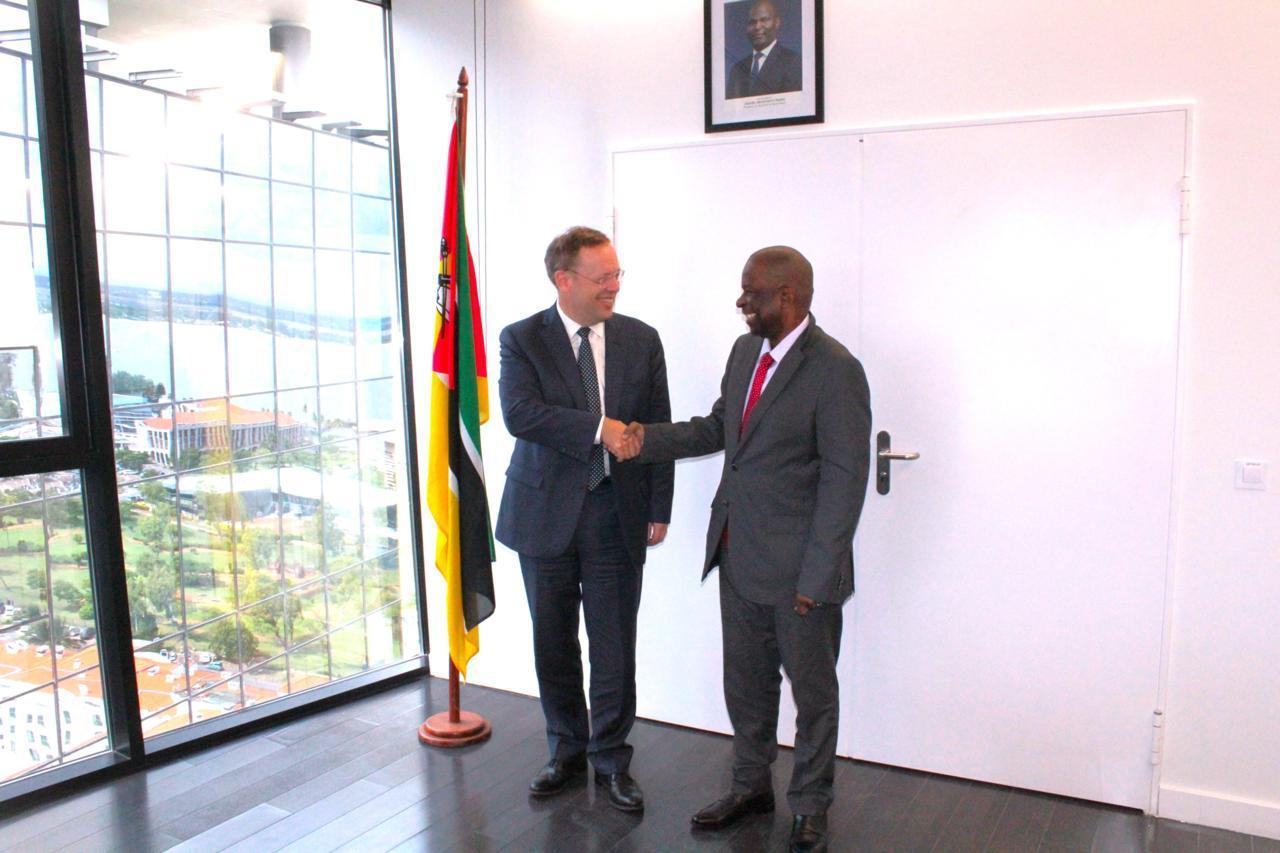Africa-Press – Mozambique. The Minister of Mineral Resources and Energy, Estêvão Pale, recently held a meeting with a mission from the World Bank with the aim of reviewing and deepening cooperation in the energy sector and aligning financing strategies for priority and structural projects of the Mozambican Government in the areas of generation, transmission and distribution of electricity.
The World Bank mission, led by World Bank Practice Manager for Energy in East Africa, Erik Fernstrom, reaffirmed the institution’s commitment to continue financing and strengthening the portfolio of power generation and transmission projects in Mozambique, with emphasis on ProEnergia and Mphanda Nkuwa Hydroelectric and the associated high voltage power line, with a view to accelerating the achievement of the goal of universal electrification by 2030 and boosting Industrialization.
Through the ASCENT (Accelerating Sustainable and Clean Energy Access Transformation) project, one of the priority initiatives, the extension of ProEnergia – Phase 3 is planned, with the provision of approximately US$131 million, to accelerate sustainable access to energy in rural and peri-urban areas, through clean technology solutions, renewable energy and the creation of resilient infrastructure.
This financing will enable the construction of approximately 150,000 new electrical connections, as well as the construction of transmission lines.
Mozambique is also preparing to join the Energy Compact Initiative, an international platform that aims to accelerate investments in electrification in developing countries. With this initiative, the country will be able to increase the annual number of new electrical connections from the current approximately 400,000 to approximately 600,000, as well as increase access to clean cooking through the use of more efficient stoves and LPG.
Minister Estevão Pale stressed the importance of collaboration with the World Bank, highlighting that “these reinforced commitments, through these projects, are essential to leverage the energy sector, guarantee access to safe, clean and, above all, affordable energy for Mozambicans, as this is what will drive the country’s development”.
During this mission, the World Bank positively assessed the ongoing work on the Mphanda Nkuwa Hydroelectric Project and reiterated its commitment to support the structuring of guarantees for the purchase of energy by EDM, as well as the financing of high-voltage energy transmission, which is considered essential for the viability and regional impact of the project. This transmission line will be vital for transporting the energy generated to the main national consumption centres and for export, and is part of the long-term vision of the Green Energy Corridors Project (GECP) – Phase 2, a regional green infrastructure and energy integration initiative.
Minister Estevão Pale thanked the World Bank for its continued support, stressing that “these structural projects reinforce Mozambique’s position as a regional energy hub and are essential to ensuring inclusive and sustainable economic growth”.
The World Bank mission took place from March 24 to April 14, during which several meetings were held with several national institutions in the electricity sector.
For More News And Analysis About Mozambique Follow Africa-Press






